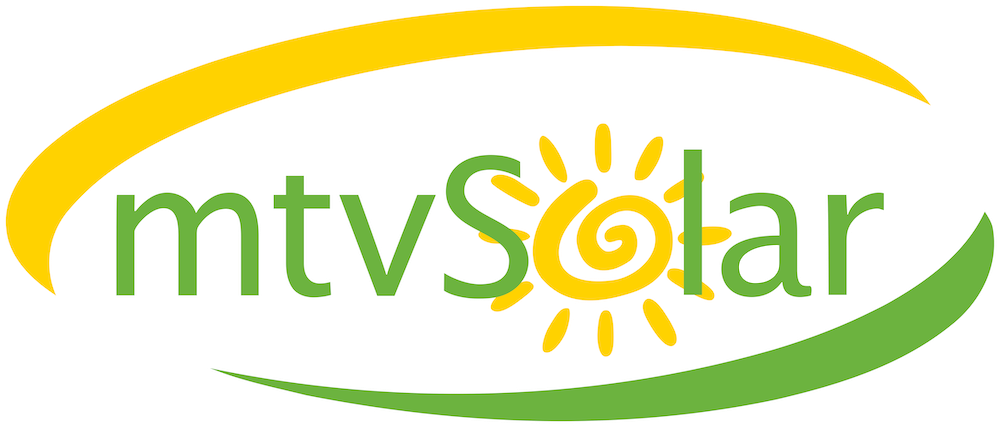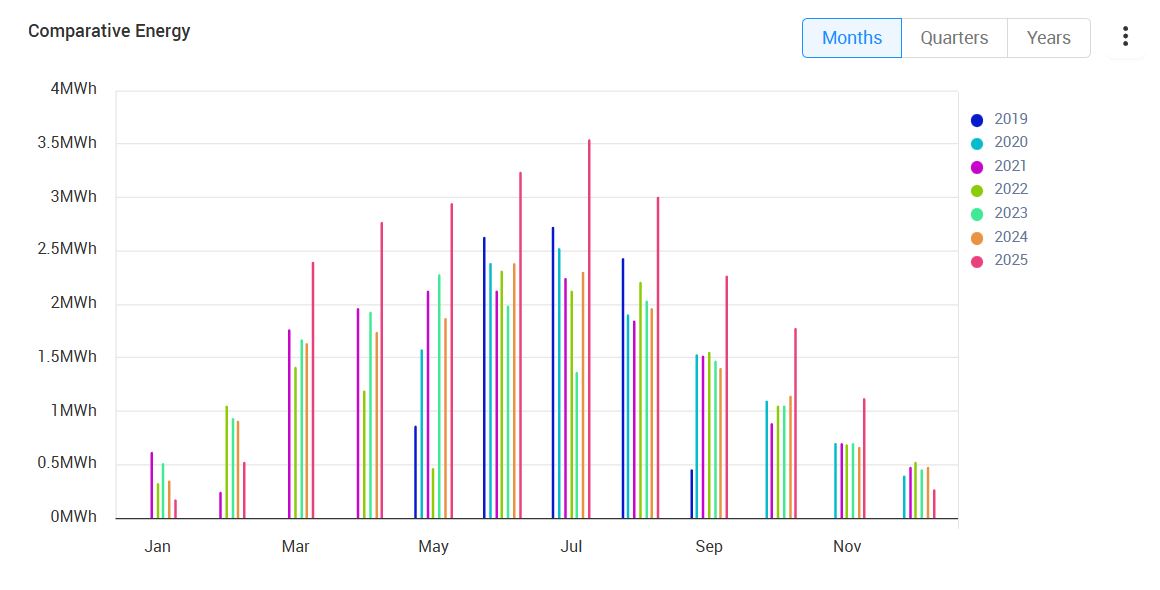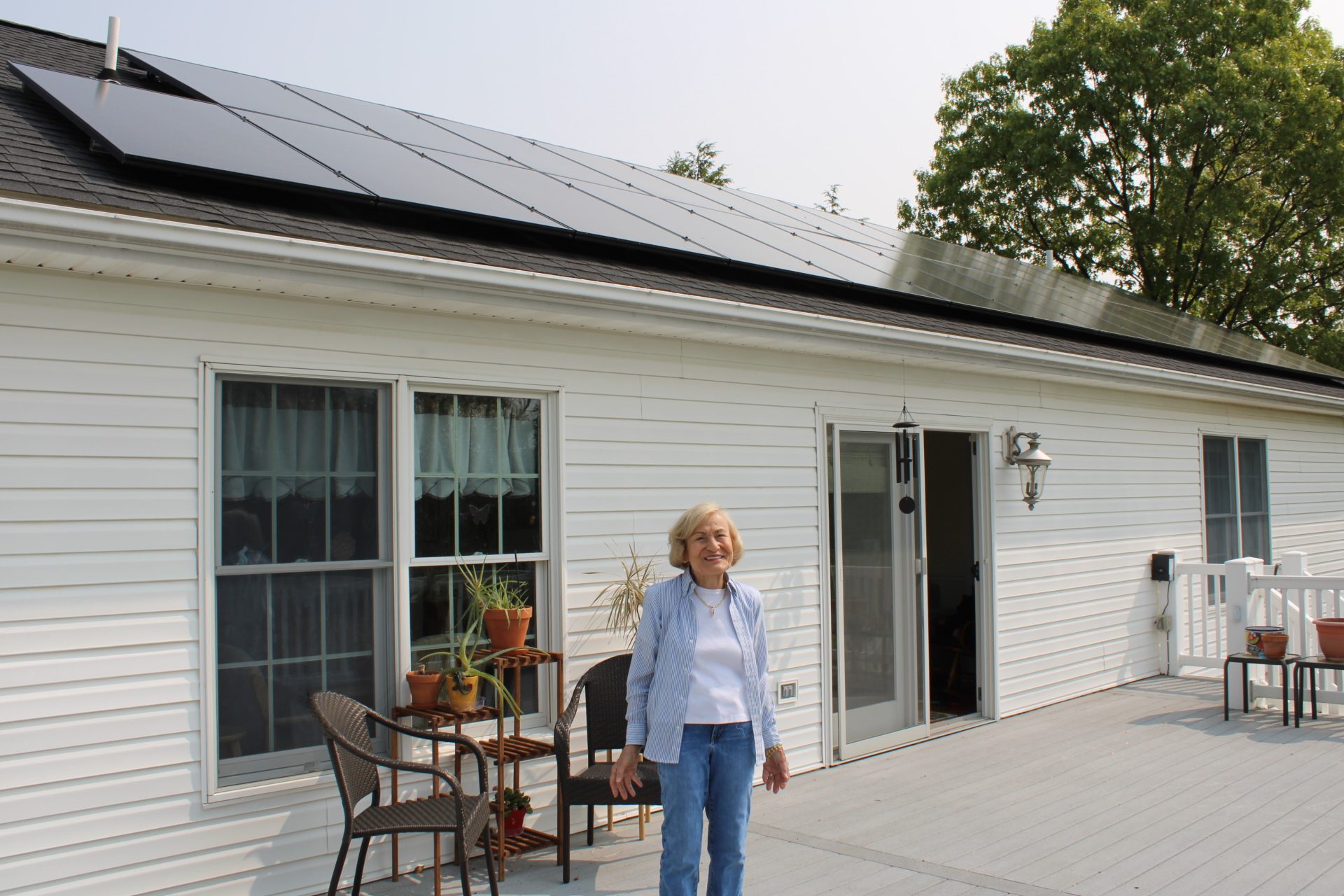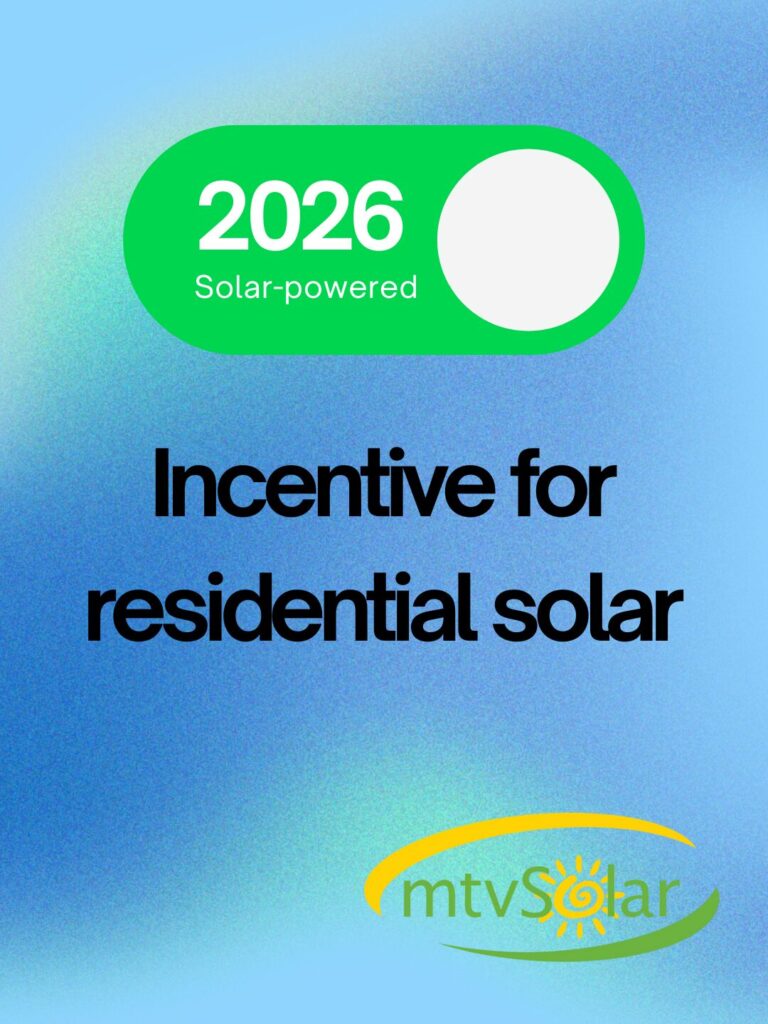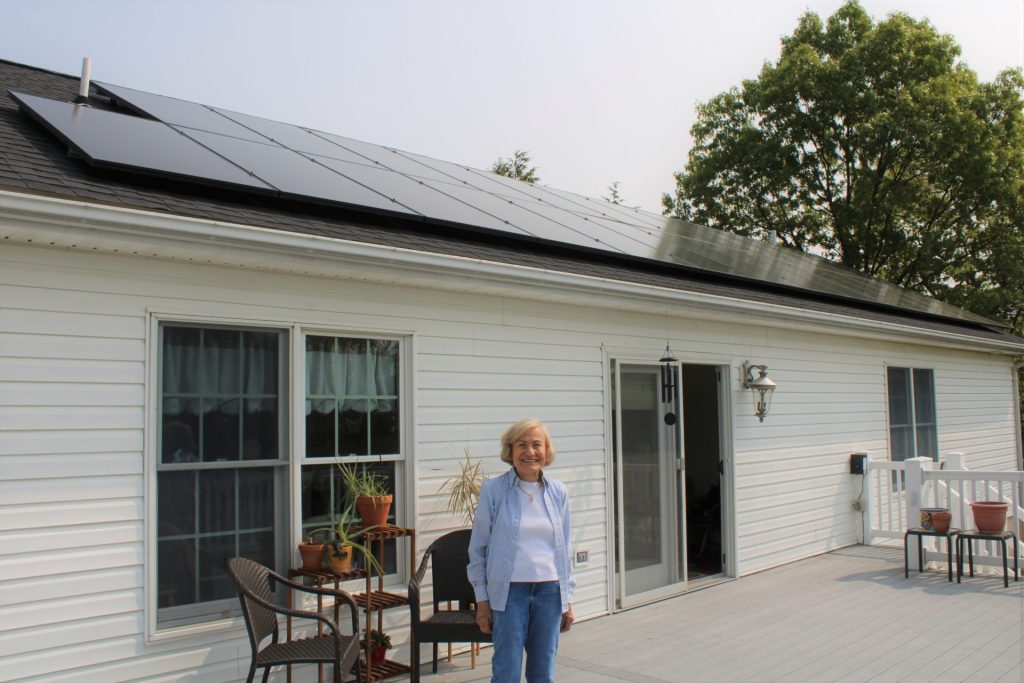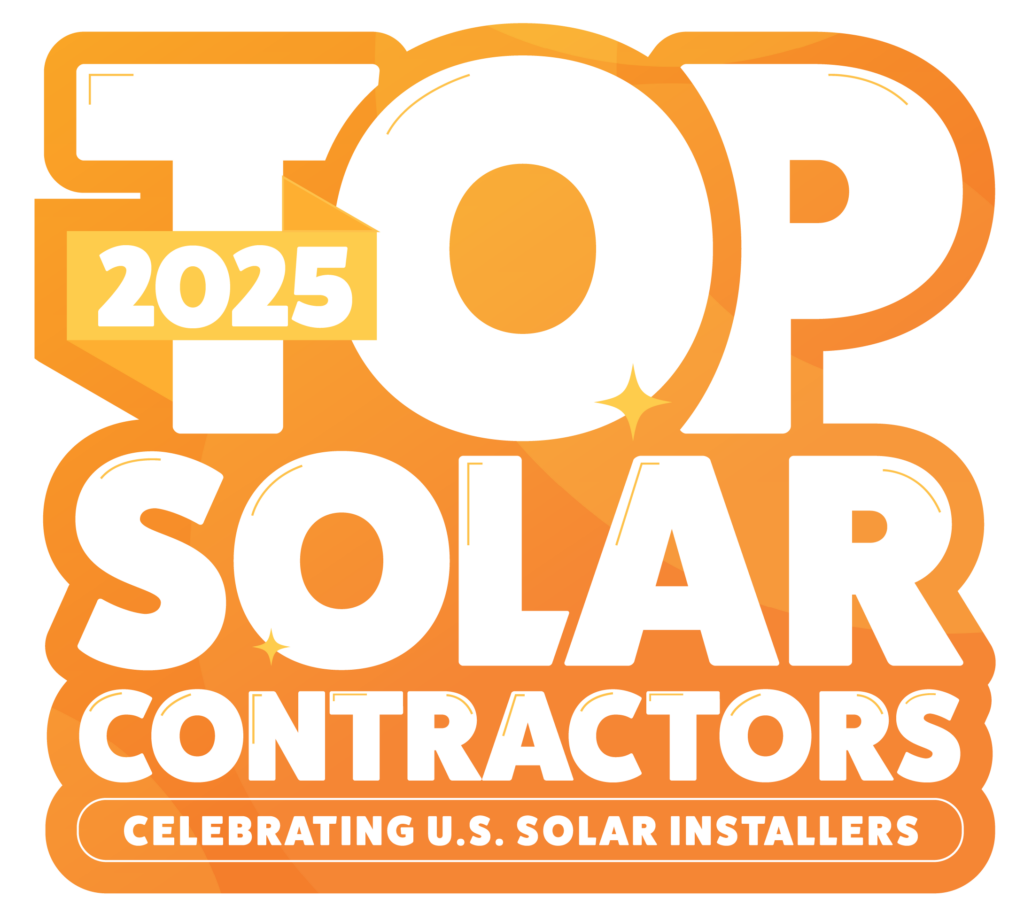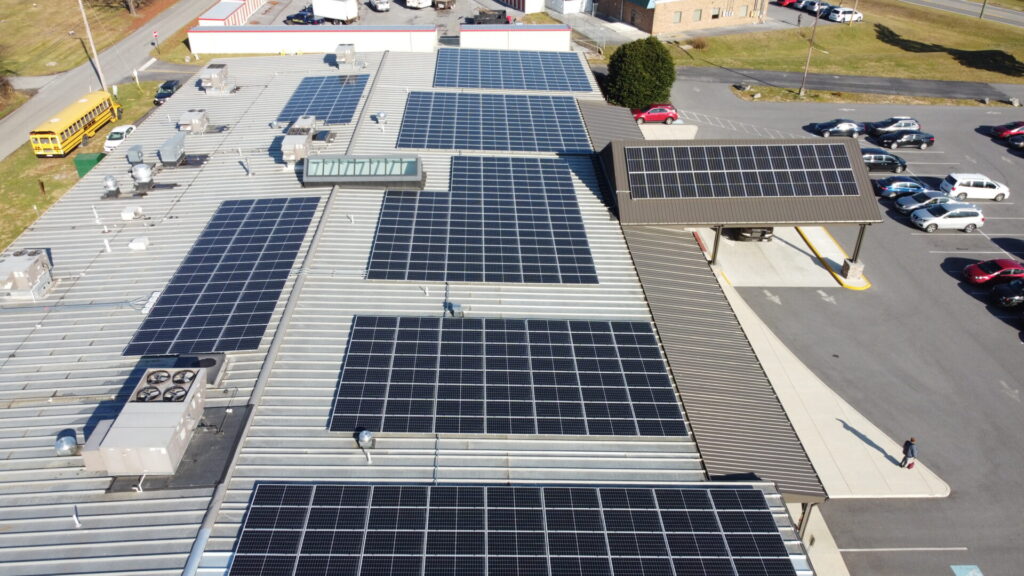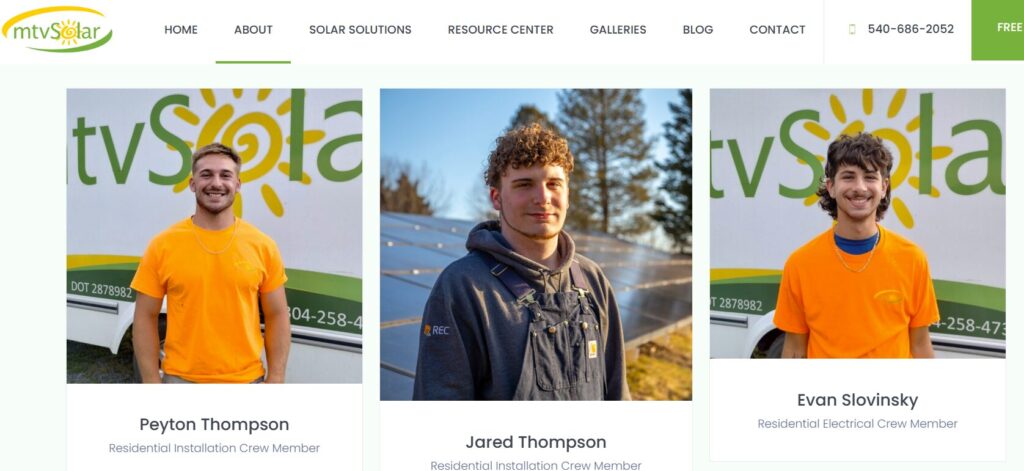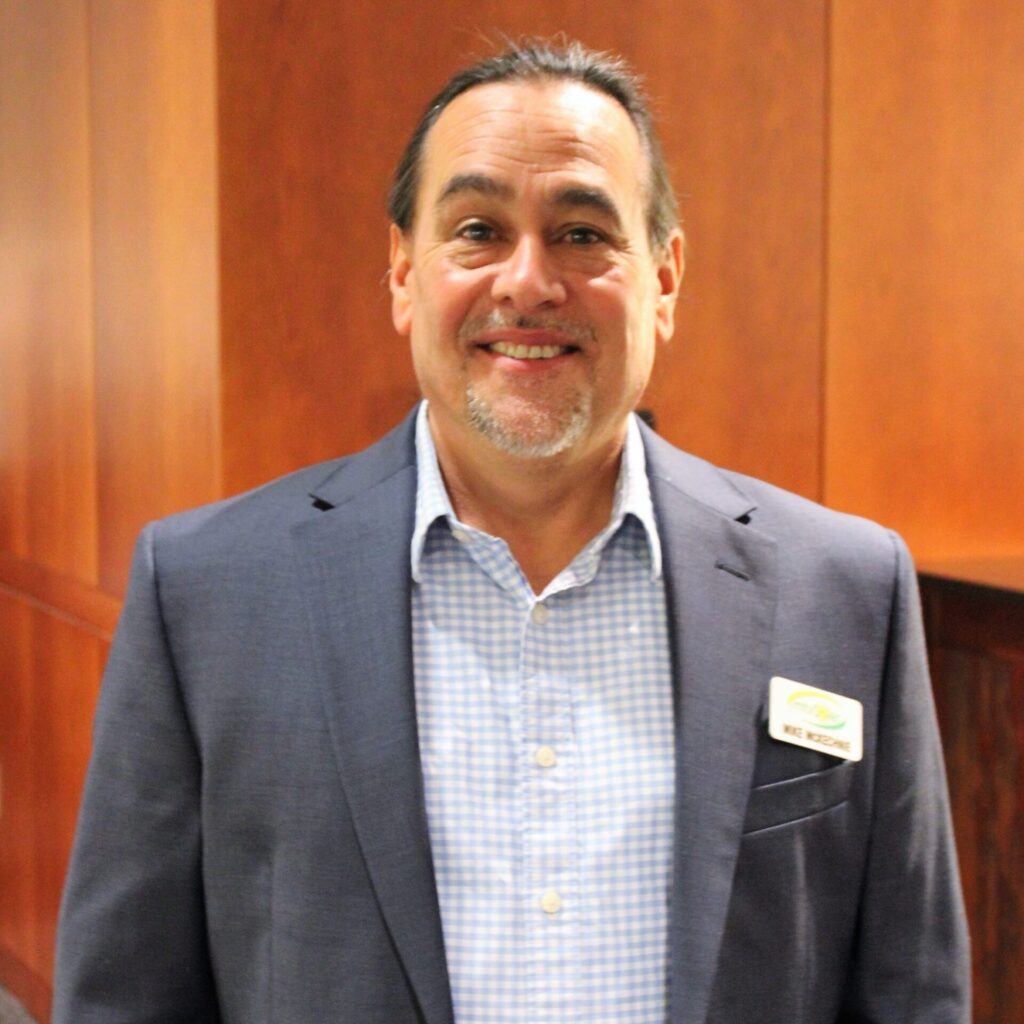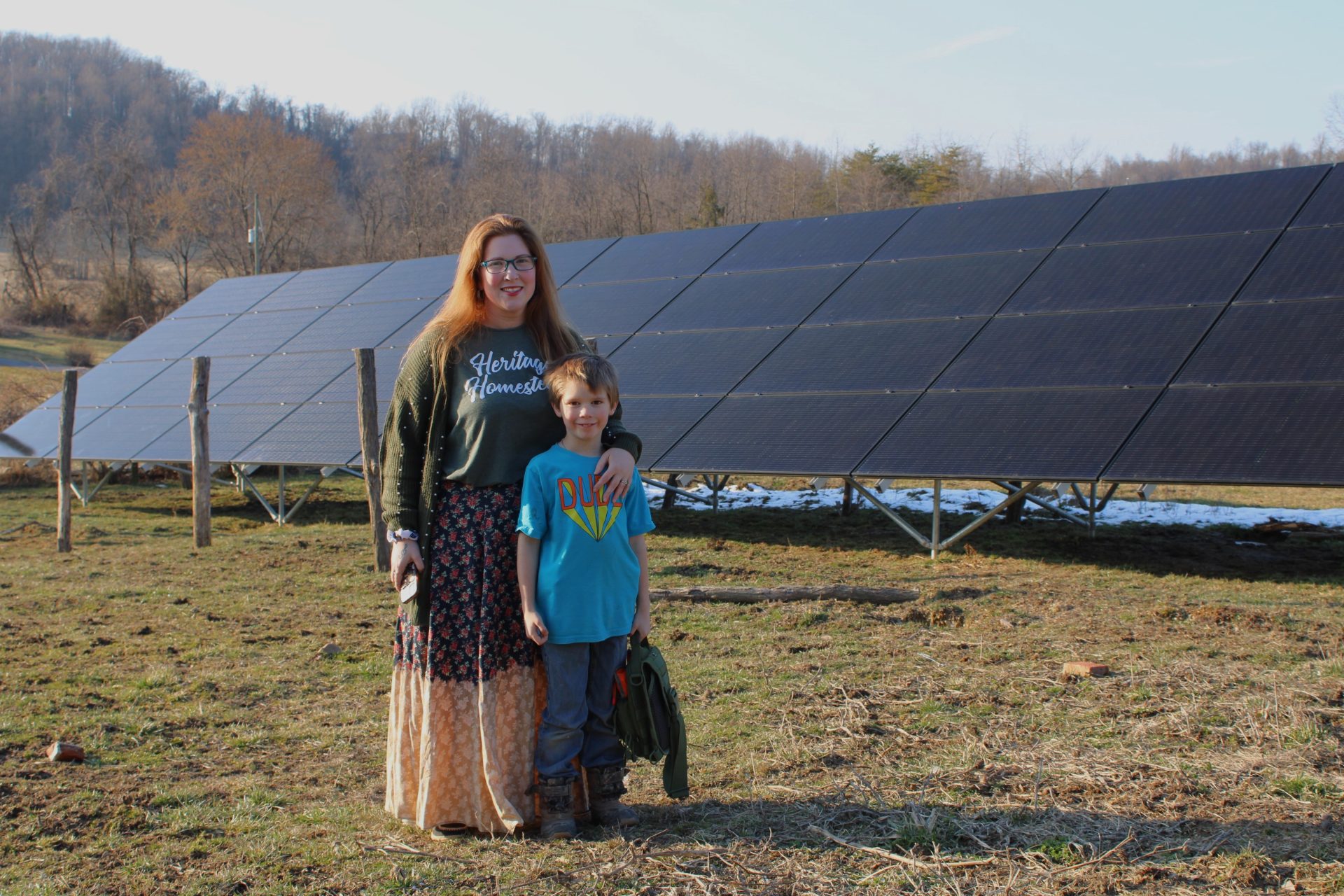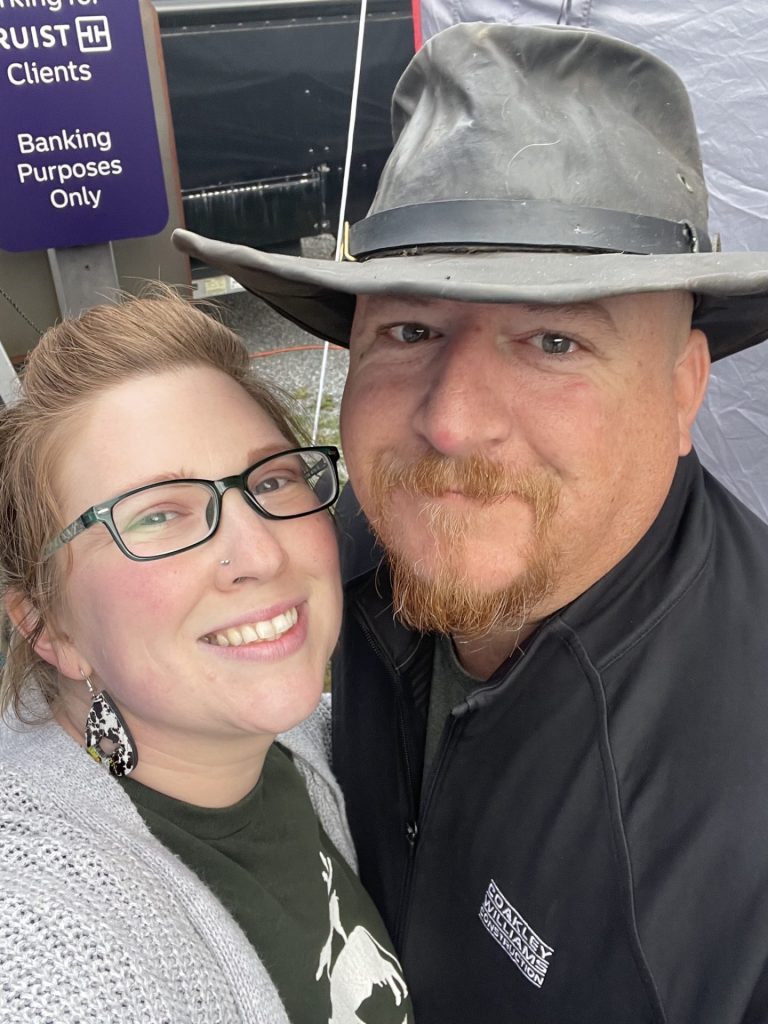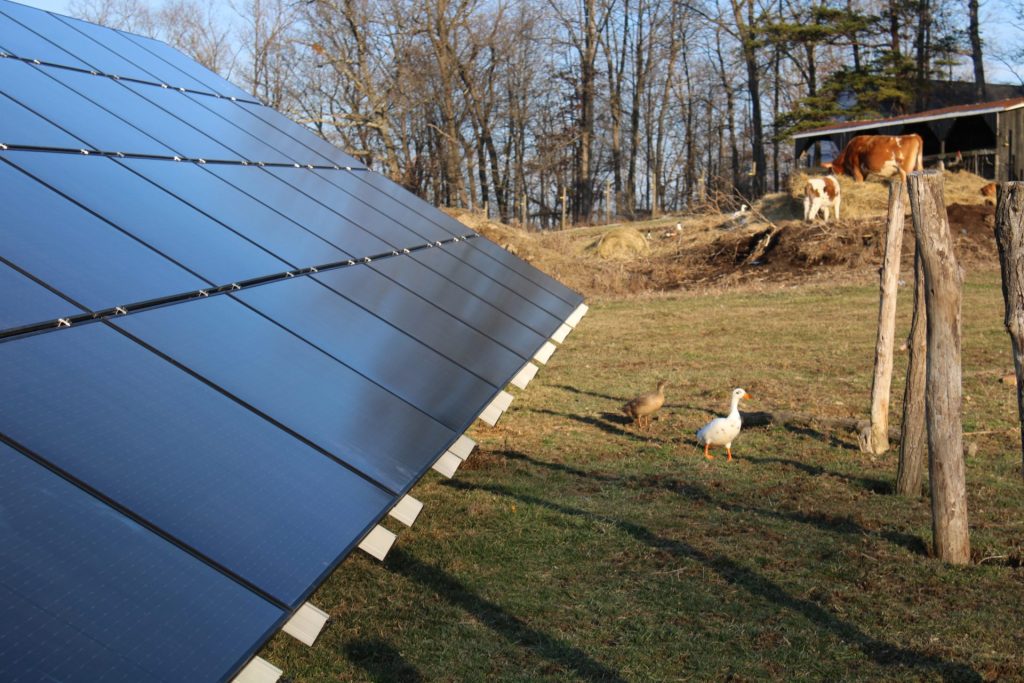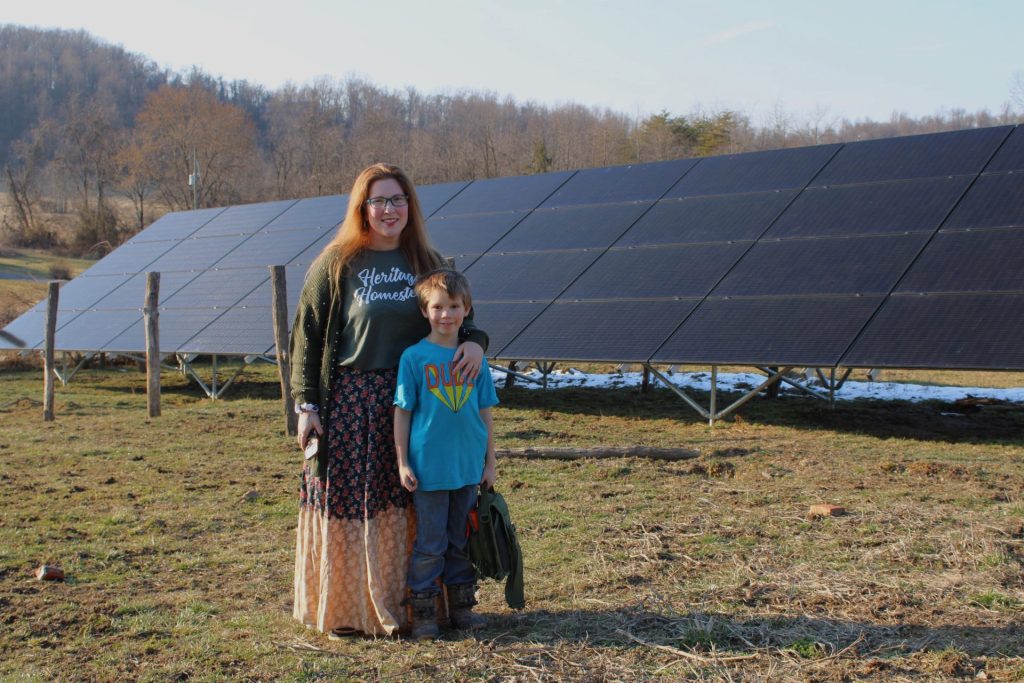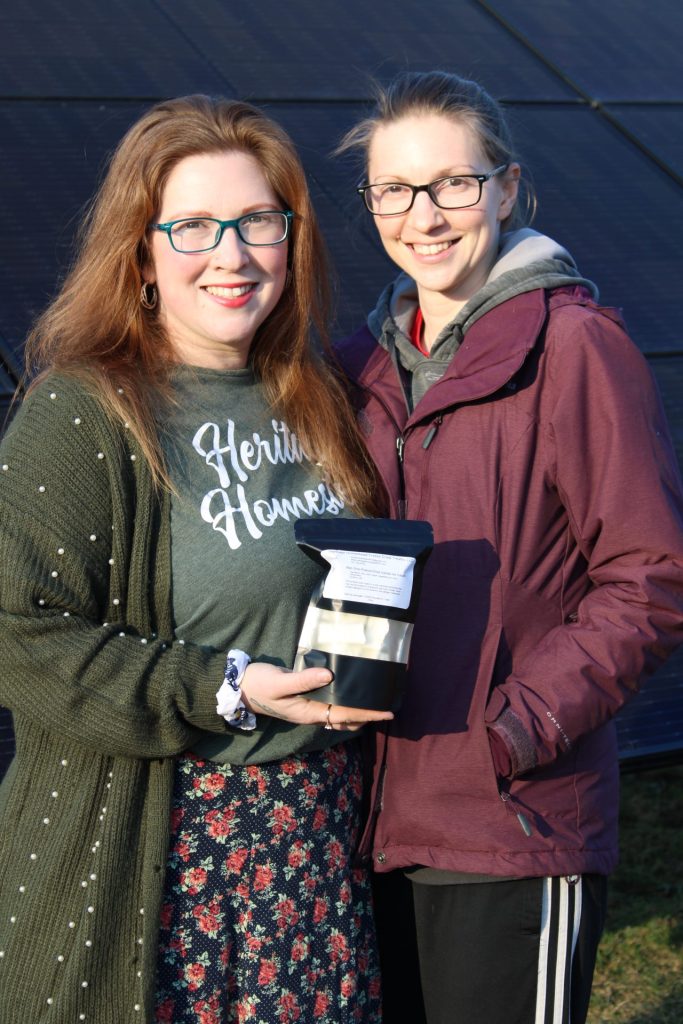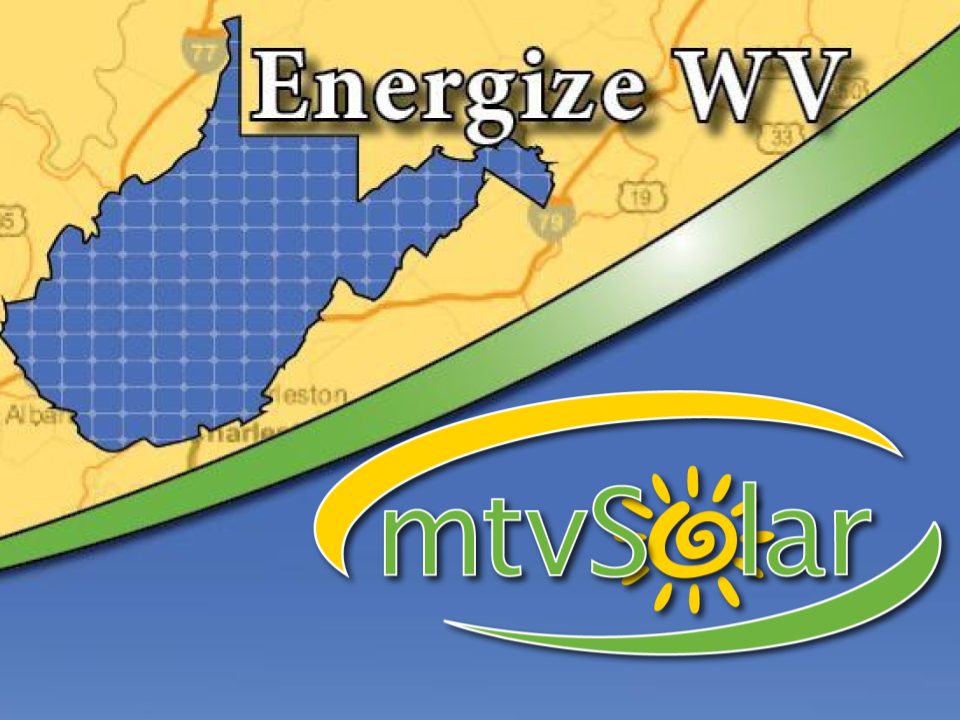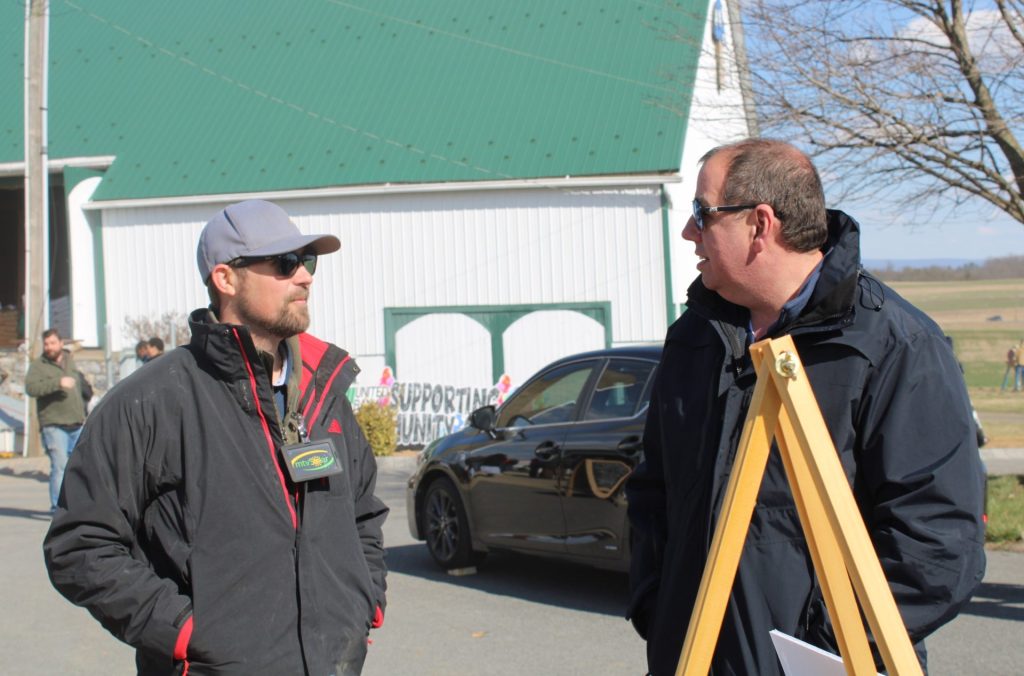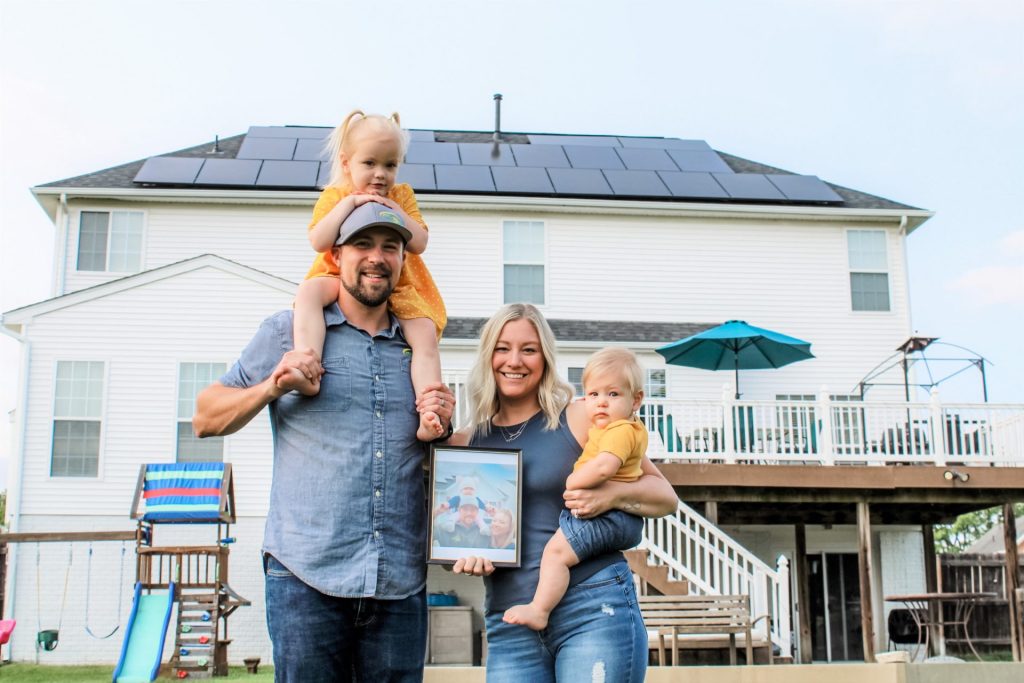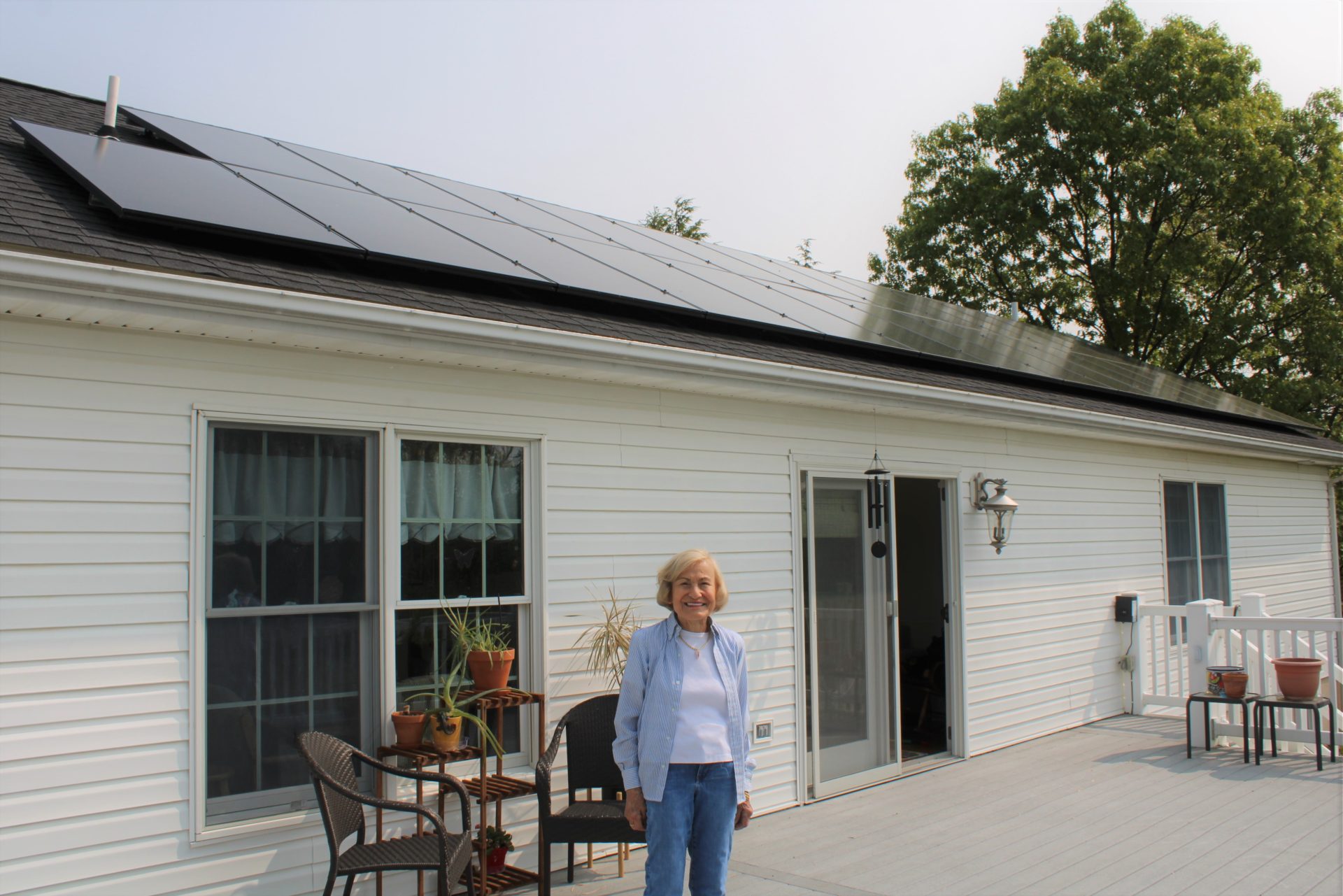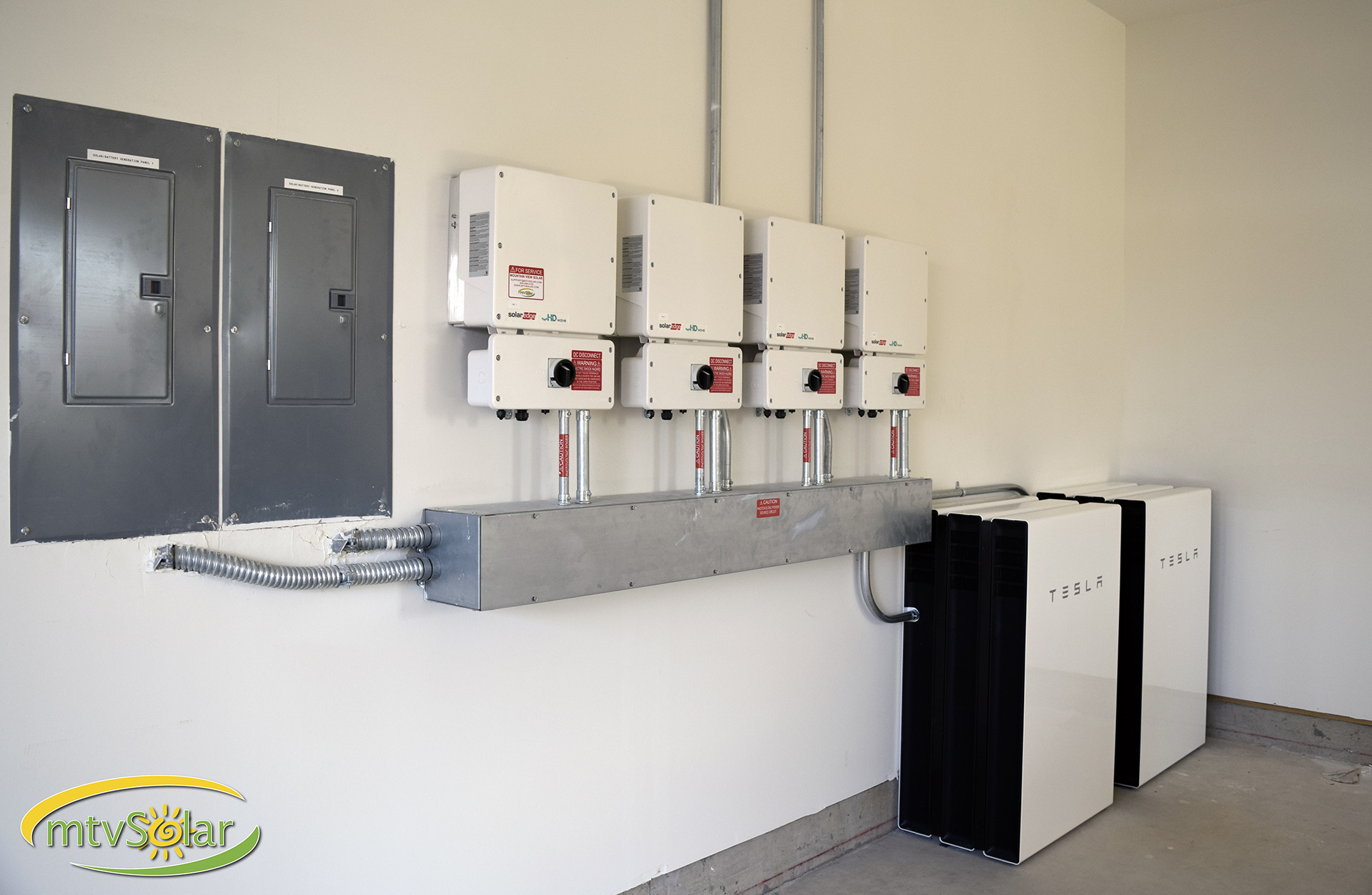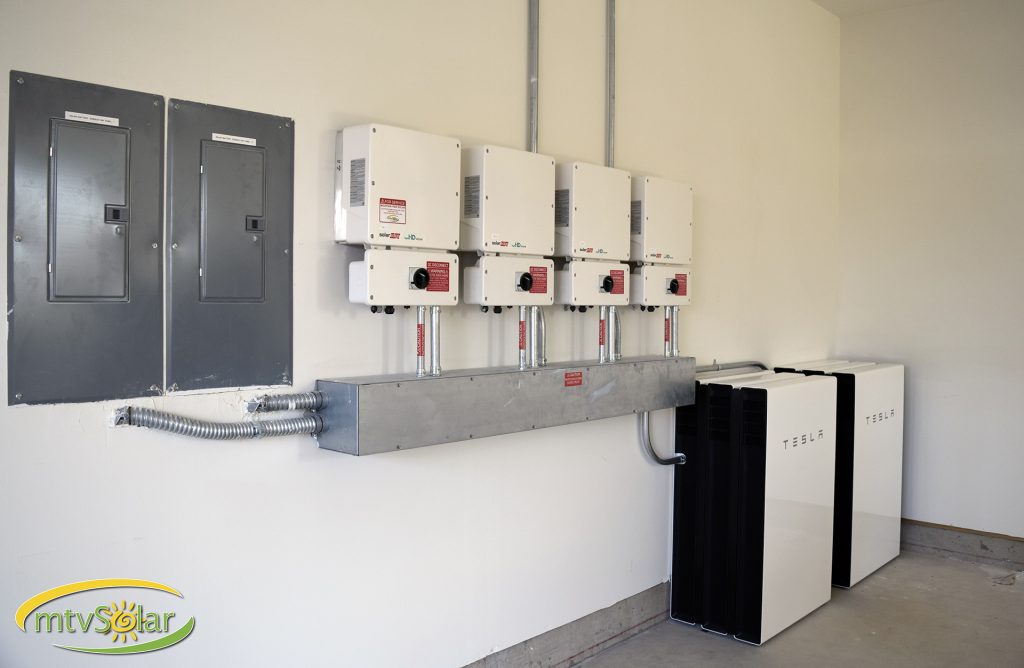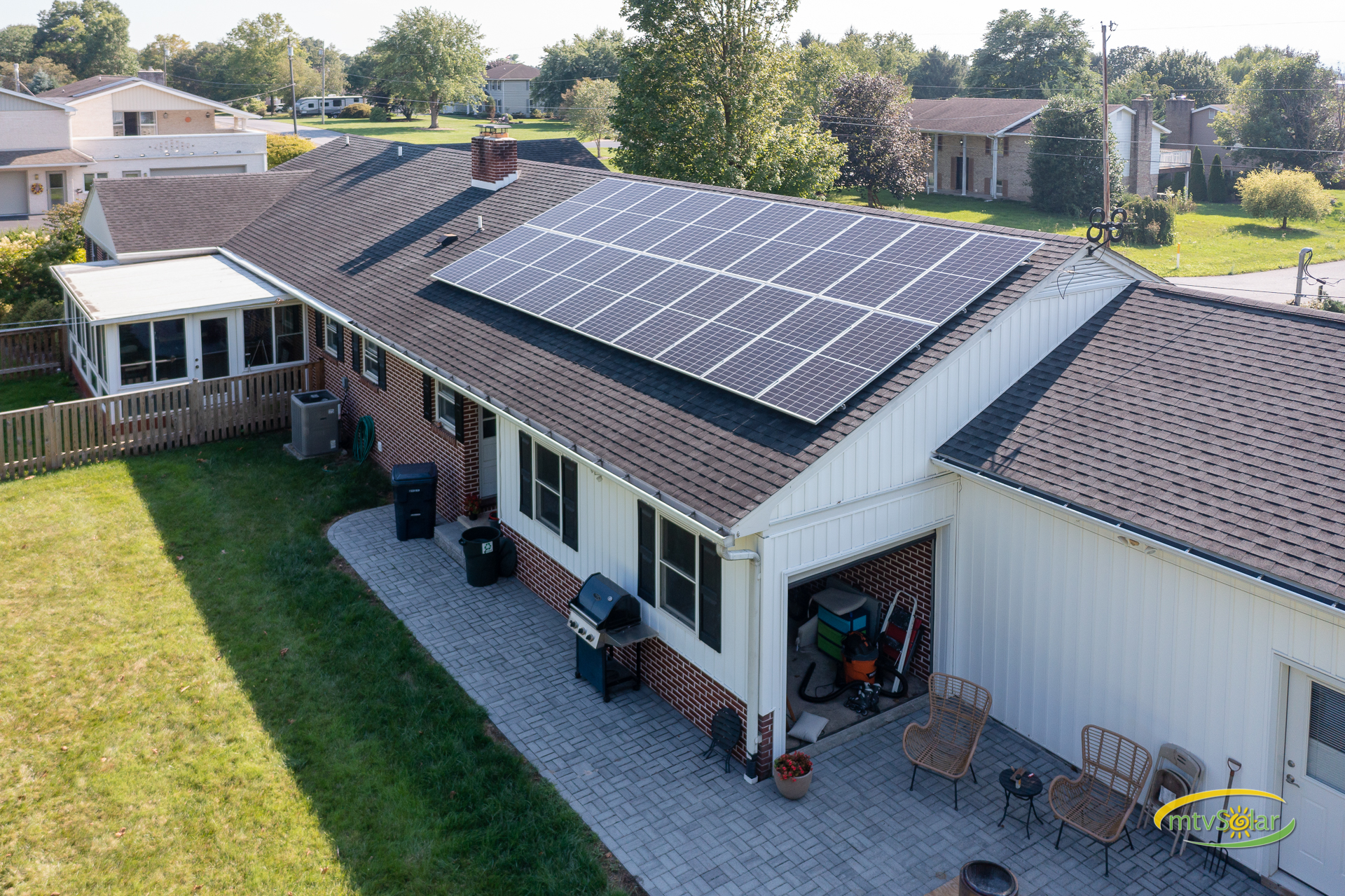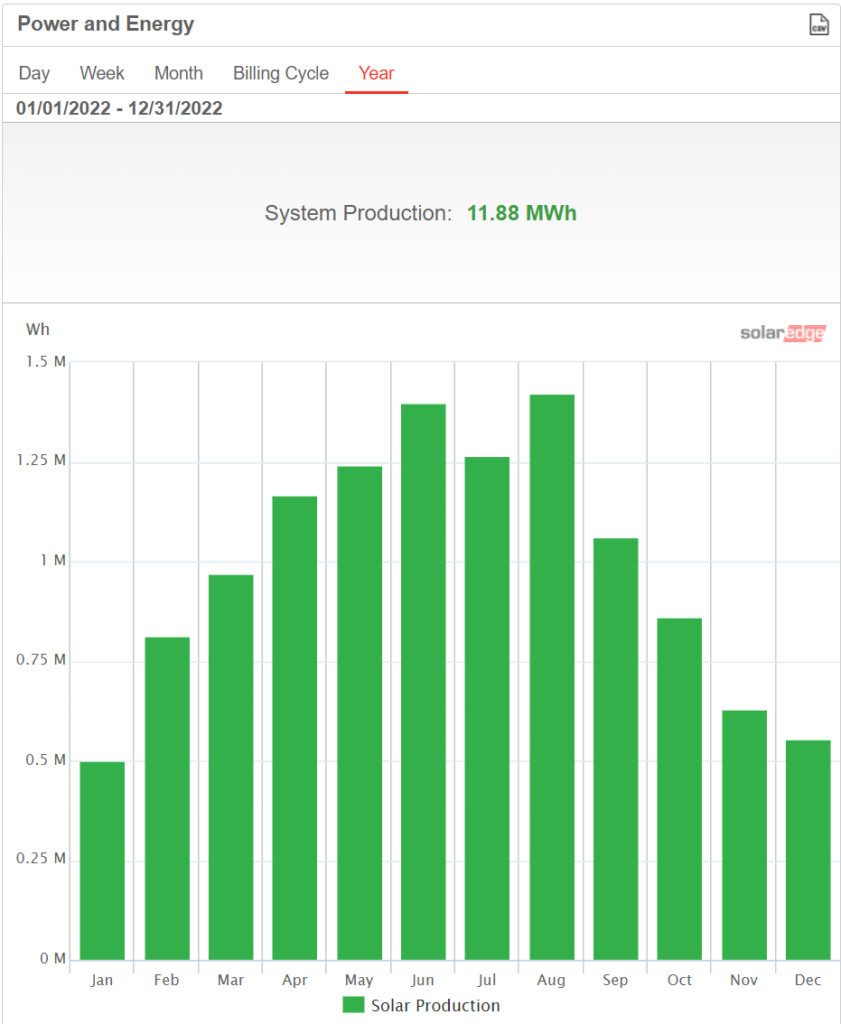One mtvSolar customer is getting to see the benefits of their recent solar expansion add up as 2025 comes to a close. The Shepherdstown, WV clients decided, after having solar on their home for five years, to add more panels to better meet their power needs.
The expansion project, which went live in March of 2025, took the home’s solar panel system from an 18.6 kW system to a 27.2 kW system. They previously had (2) existing SolarEdge 11400-watt inverters with one string available on each inverter. Our crews added 10 Silgab 430-watt modules on each inverter.
“In this case, expanding the system was pretty straight forward as they were only utilizing 2 out of 3 potential string inputs with the original system. We simply came along and added more panels on the available third string input,” explains PV Consultant Stuart Smith.
The clients also got the benefit of adding higher wattage panels than those in their original system. The payoff? It’s a pretty clear picture when looking at their production graph on their solar monitoring system.
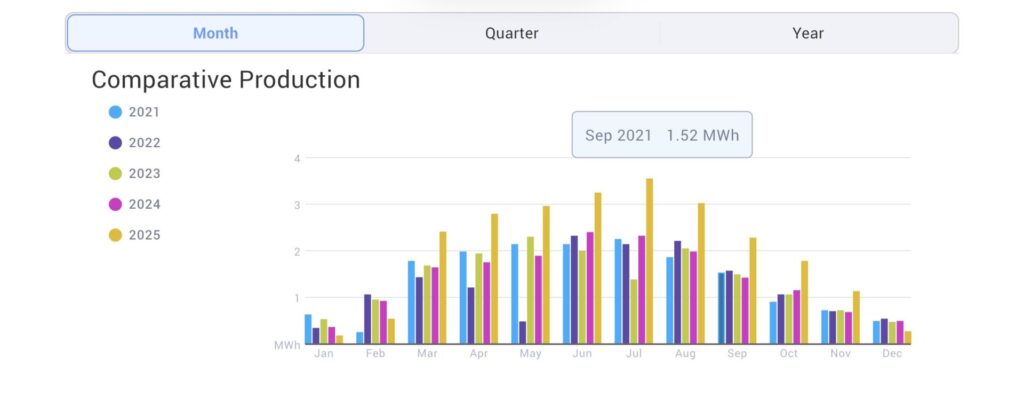
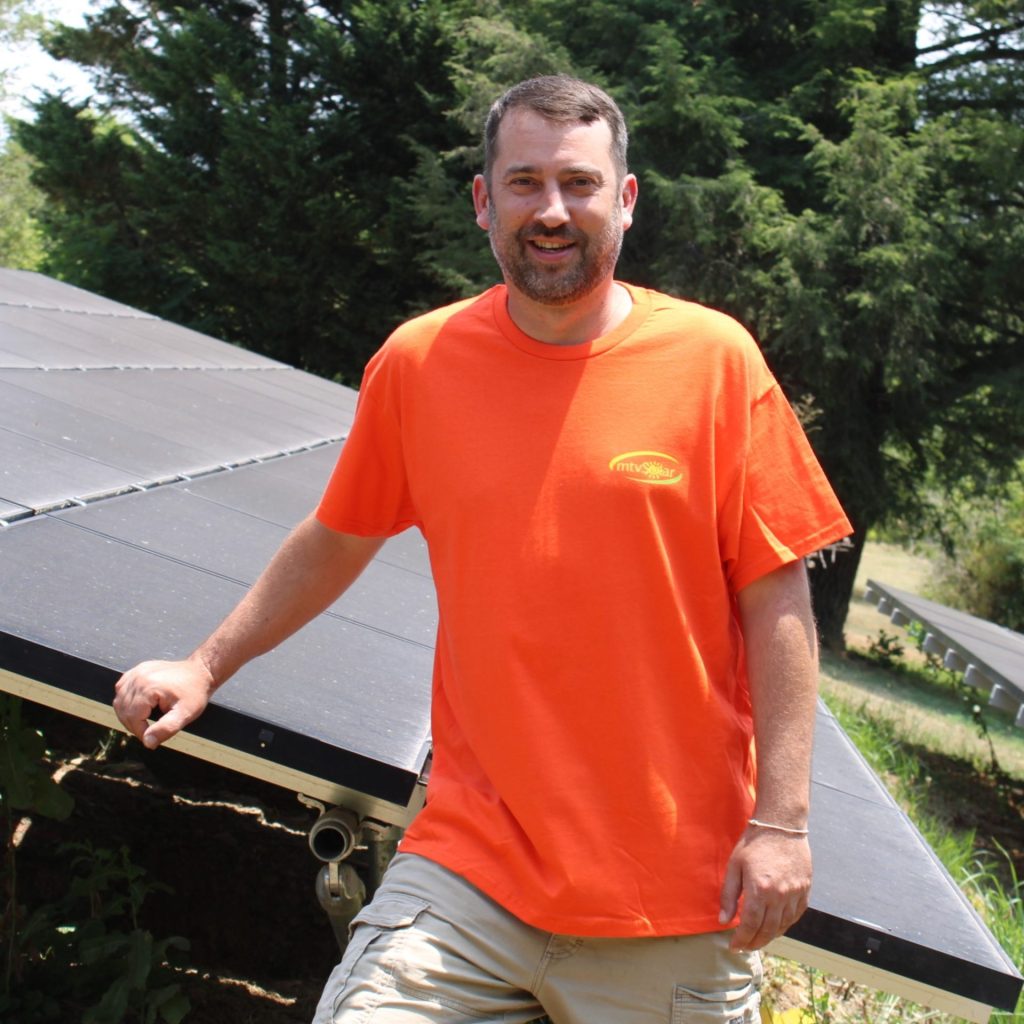
For clients who are installing solar panels for the first time, it’s always a consideration whether they think they’ll want to expand that system at some time in the future. Our mtvSolar team asks that question and plans for it, when the answer is yes. For customers who have older systems, expansion is often possible, even if the original panels are no longer available. It depends on the component parts of the system, whether more modern components can be electrically compatible.
The key, in all cases, is looking at the home or business owner’s needs, Stuart emphasized. How much power do they use, how much power do they need today, and what are the future needs that could affect demand a few years down the road.
For example, a homeowner with enough solar panels to meet 100% of their household needs buys an EV, and their vehicle charging demands mean their panels only give them 80% of the electricity they now need for their household. The addition of any big electrical draw to a home — from an EV charging port to a heated pool to a new garage — could warrant a solar expansion.

Planning ahead for future expansion of solar is ideal, but any experienced and reputable solar installer can advise a property owner on if and how they can add more solar panels to an existing system. Whether on the roof or on a ground-mount system, more solar panels will deliver bigger power production over time, shoring up energy independence for a property and leveling out electricity costs over the long term.

